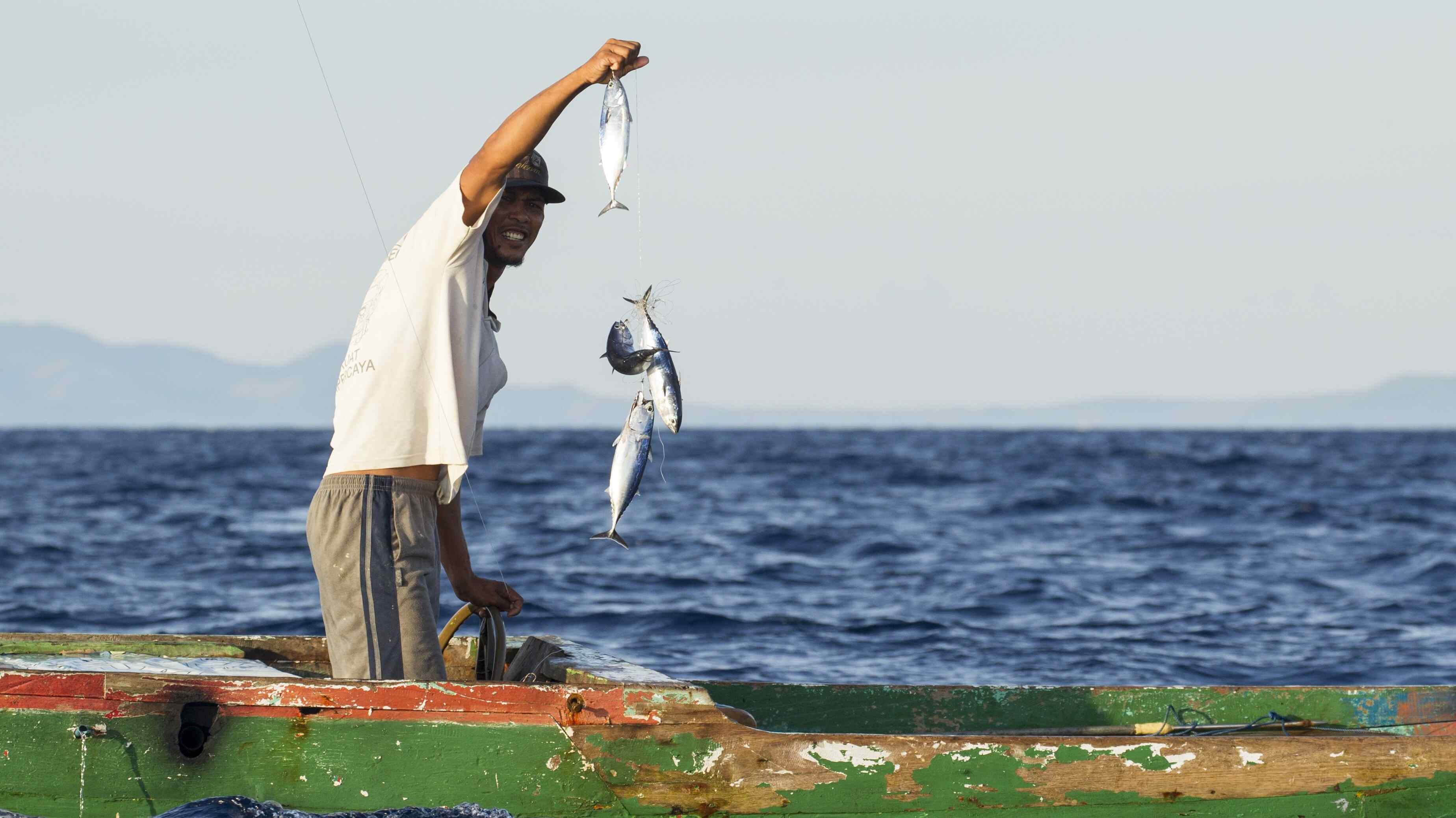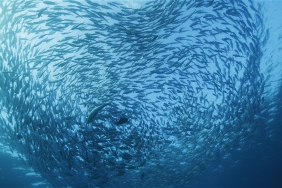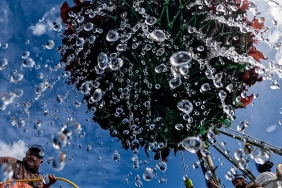ALOR INITIATES COASTAL WASTE DATA COLLECTION THROUGH CITIZEN SCIENCE NETWORK
Alor district is one of Indonesia's best dive sites in 2016. Alor has high marine potential and marine biodiversity. However, waste is one of the polemics that threaten the sustainability of the ecosystem and tourism of this canary earth.
According to a joint survey by WWF-Indonesia and the Alor Regional Environment Office in 2018, Alor's condition is like an inverted pyramid. The production of plastic waste is huge, but there is very little effort to recycle," said Faryda Veronica Lamma Kolly, S.Pd., M.Sc. from the Chemistry Department of Tribuana University Kalabahi, regarding the waste management system in Alor Regency.
"In fact, plastic waste is difficult to decompose for hundreds of years. When they do decompose, they are transformed into plastic flakes
Therefore, in line with the government's program to reduce waste production by 2025, Alor is also preparing itself by taking a new step in waste management: recording coastal waste.
"Data collection of coastal waste is very important to formulate recommendations and better waste management policies," said Made Putri Karidewi (Plastic Free Ocean Program, WWF-Indonesia) in the Waste Data Collection Training through Citizen Science Network (18/12/18) in Kalabahi, the capital of Alor Regency.
The training was opened by the Rector of Tribuana University Kalabahi, Mr. Alvonso F. Gorang, S.Sos., M.Si., and attended by 48 participants from representatives of government elements, organizations, community groups, students, and students of Tribuana University Kalabahi. These environmentalists are enthusiastic about learning how to record waste on the beach, so that it becomes scientific data that in the future can become a reference for waste management policies in Alor Regency.
The data collection was carried out using the method of the CSIRO (Commonwealth Scientific and Industrial Research Organization) Global Plastic Pollution Project, Australia.
Throughout 2018, in collaboration with the environmental community, academics, government, and partners, WWF-Indonesia has encouraged community science networks or called Citizen Science Network in various Indonesian conservation areas, including in the Pantar Strait Aquatic Nature Reserve (SAP) and its Surrounding Sea in Alor Regency.
In the future, through this Citizen Science Network, people who care about coastal waste can support conservation efforts through the waste data collection movement to maintain marine ecosystems.





